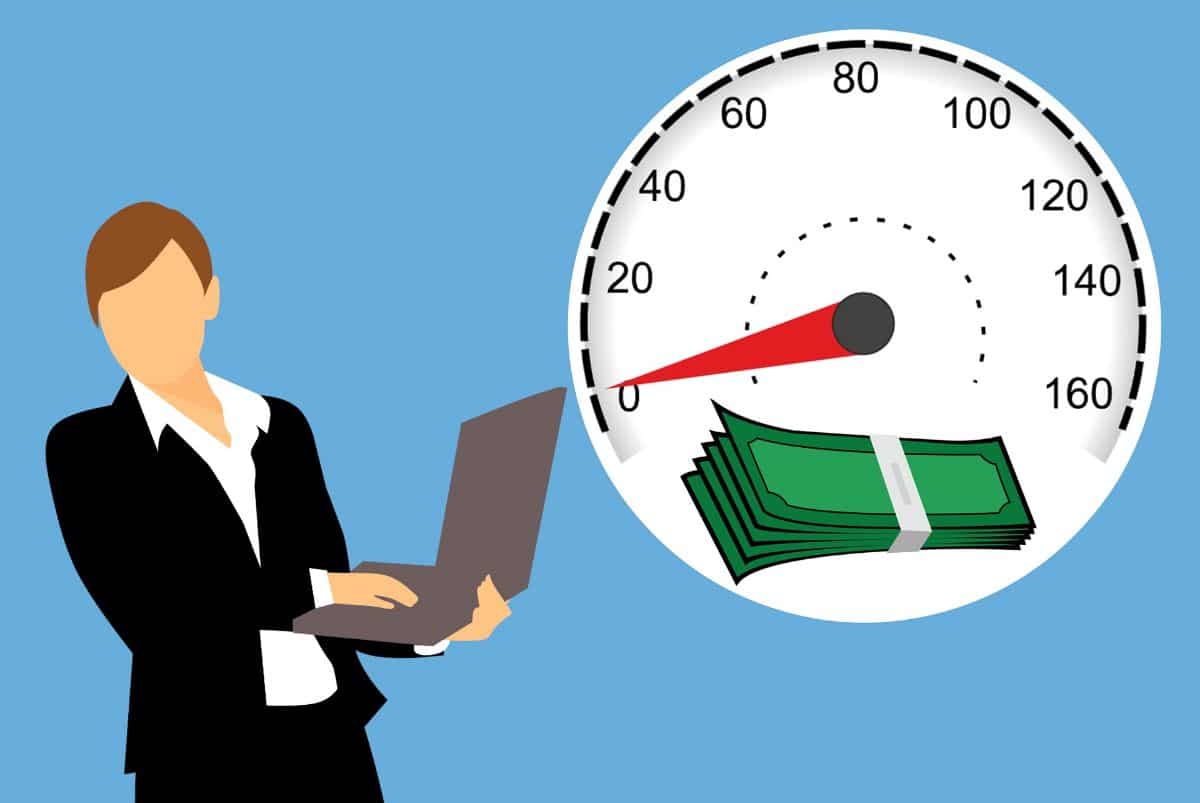
Having an eCommerce is not a business where everything goes “just like that”. Actually, you can run into a lot of trouble. And one of them is dumping. What is it?
Imagine that you have a competitor who decides to lower the prices of the same products that you sell well below cost price. Yes, losing. Well that is what is called dumping and it is a practice that is carried out to “burst the market”, but also the competition. We talk to you about it.
What is dumping
We can define dumping as a practice in which a trade or company sells products or services at a price well below cost price.
In other words, we are talking about a negative activity in which the company decides to put very low prices on its products, even assuming losses, in order to enter a “big” market, since it would take all the sales for those prices.
You should know that this practice is reprehensible, that is, it is an unfair practice and prohibited both by the World Trade Organization and by international directives and agreements. Specifically, there is the General Agreement for Trade and Tariffs, also known as GATT, which seeks to defend companies in commercial markets. There is also anti-dumping legislation by the European Union.
What objectives does dumping have?

Dumping is not something that is done for the sake of doing, it always has an objective. Normally this is to overcome the competition, that is, it seeks to burst that market by putting itself ahead of its competition. Why? Because seeks to have a monopoly on that market. And it does so by skipping the usual and normal steps of the market.
For example, imagine that a company puts out a product whose cost is 2 euros. And they sell it for fifty cents. Everyone will want to buy, leaving the competition with no sales and them getting everything. What do they do? Dethrone other companies, putting themselves before them as the "kings" of the market and leave those companies without customers.
why is it bad
Think that you have an eCommerce where you sell a product. And suddenly another eCommerce bursts in with rock-bottom prices. People are going to buy from him, since he always goes for the same quality, for the cheapest. Therefore, you stop selling and that affects your business; you stop having benefits to obtain losses.
More than that, you start laying off people and, if this continues over time, it ends with the decision to close the business.
Dumping causes business closures and many job losses. That is why it is a negative, unfair and prohibited practice.
But don't think it's just bad for business, because so do customers. At the beginning, for them everything is a profit, because they buy cheaper, they have products of the same quality for which they previously had to pay more, etc. But, when that company sees that it no longer has competition, it begins to raise prices, and it does not leave them at what other businesses had, but goes further, making them more expensive. After all, it no longer has competition because it has gained a monopoly.
And those losses that he suffered at the beginning, he recovers with great profits. Do you understand now that this practice is bad for everyone?
What types of dumping exist

Despite being a practice that is not good, in reality many companies carry it out and, depending on the origin and the objective that it has, it can be classify into different types of dumping. Which are? Specific:
Social
It occurs when, by part of a law, businesses are obliged to put certain products at a low price.
They normally affect basic products but also those that have to do with health. An example? Well, it could be the tests or the masks when the Government imposed a price on them even though it did not exist before.
Official
It is when the products that you want to sell have some type of tax exemption or subsidies that allow them to be sold at a low price.
In this case, that subsidy or exemption allows the company to support sales at low prices even though they make little or no profit.
Exchange rate
By its name you may have noticed that it refers to the type variations. There are some countries that make the exchange rate affect products in such a way that they can be sold below that of competitors.
predatory
Actually this is what is known as dumping. Is a fully conscious action by the company to lower prices below cost with the aim of entering a market and gaining a monopoly on it.
In the short term, it causes losses but, in the medium and long term, it obtains many benefits, in addition to “destroying” competing companies.
What to do if you are dumped

When a market comes across a company that is dumping, the most normal thing would be report it to the European Commission, either directly or through a Member State. This complaint must reach the Commission's Antidumping Service where, in writing, there must be evidence of dumping, the damage it is causing and the factors (facts, consequences...).
En 45 days there must be a response from the Commission. But that answer supposes, if it is affirmative, the opening of a formal investigation.
This research is carried out within a maximum period of 15 months, although it is normal that at 9 months something is already known. To do this, the Commission sends a questionnaire to the defendants and to the complainants to get to know both parties. Once it obtains all the information, it decides whether or not this practice was carried out and imposes anti-dumping measures if so.
In addition, provisional measures can be imposed, which take place between 60 days and 9 months after the investigation is opened, to prevent the company from "continuing to do harm" in the meantime.